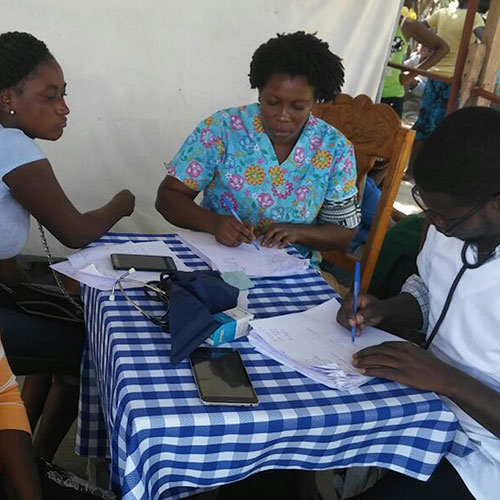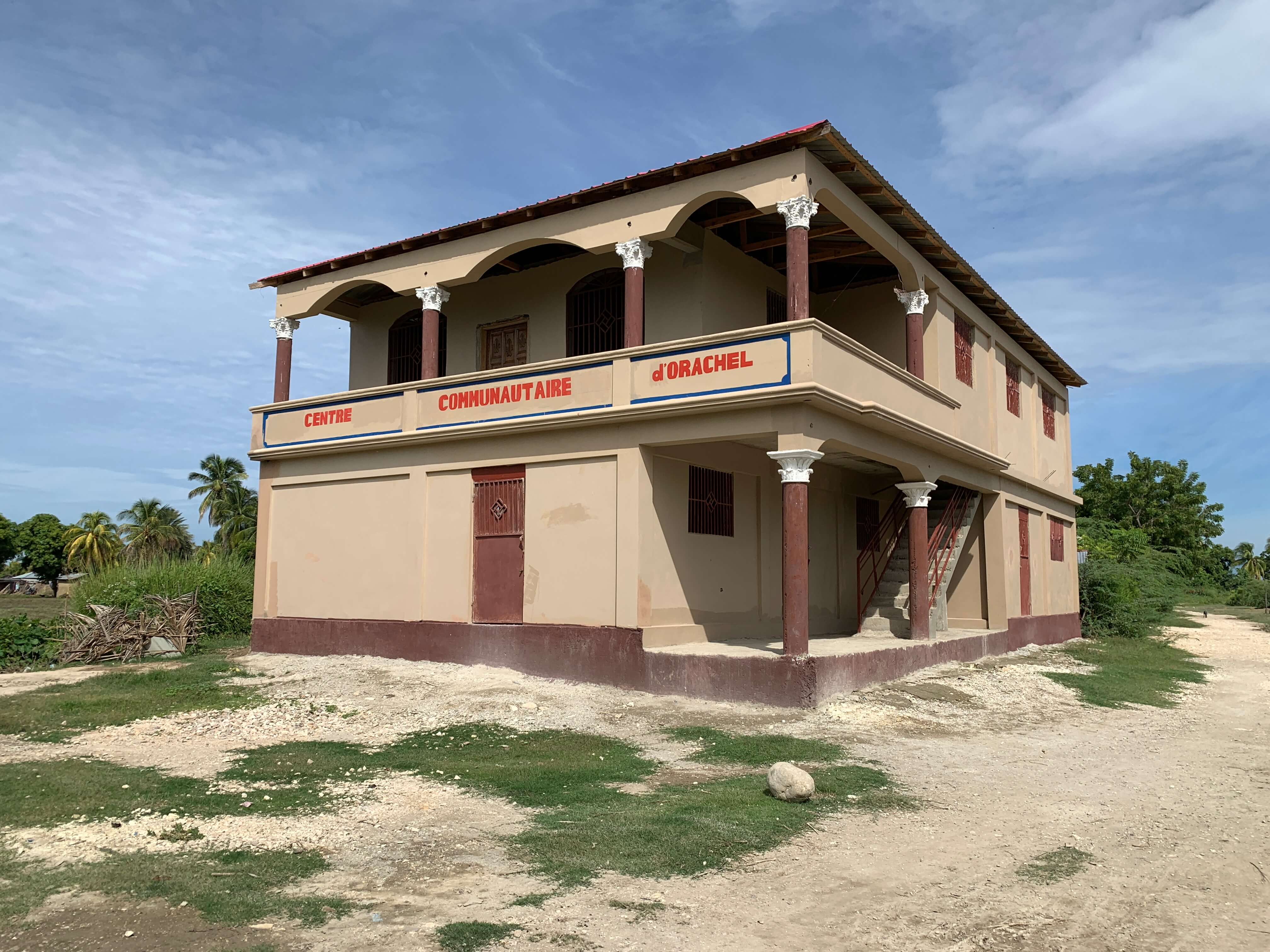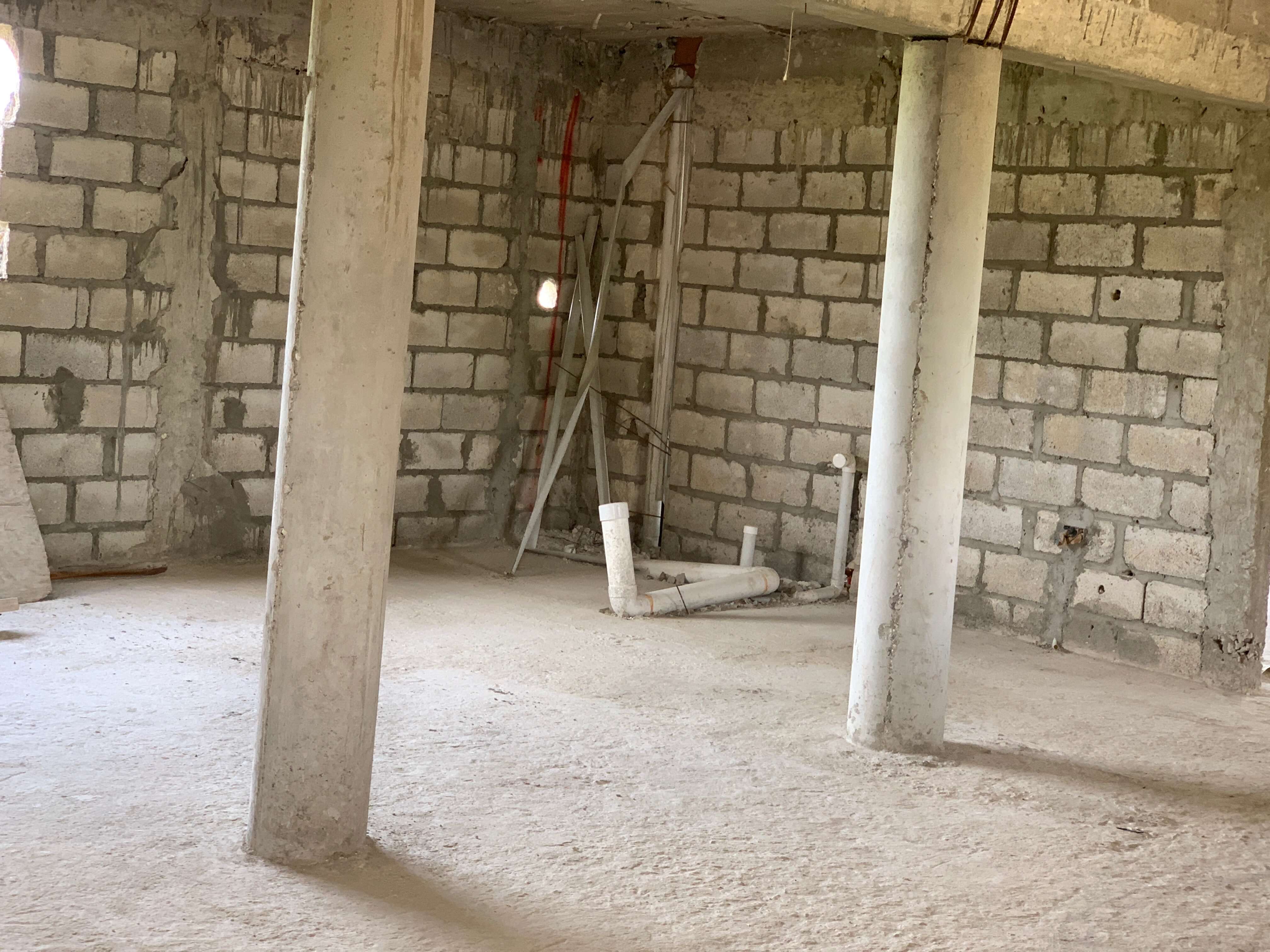Background
Haiti has consistently struggled with health care with some of the worst health indicators in the world. Poor quality health care has been a persistent problem for generations and has been further complicated by natural disasters such as Hurricane Matthew in 2016 and the devastating earthquake of January 2010, followed by the first confirmed cholera outbreak in over 100 years. Each of these natural disasters were further exacerbated by the inherent problem of a limited healthcare infrastructure, lack of medical funding, and the inability to retain qualified health professionals because of low and unreliable wages and poor working conditions. While the Ministry of Health is working with developed countries and international organizations to try and address these issues, currently about 40% of the population still lacks access to health care. This lack of access and affordability also affects Haitian children, with only approximately 45% children between 12-23 months of age having received all their vaccinations; leaving the rest of the population exposed and susceptible to a range of preventable diseases.






